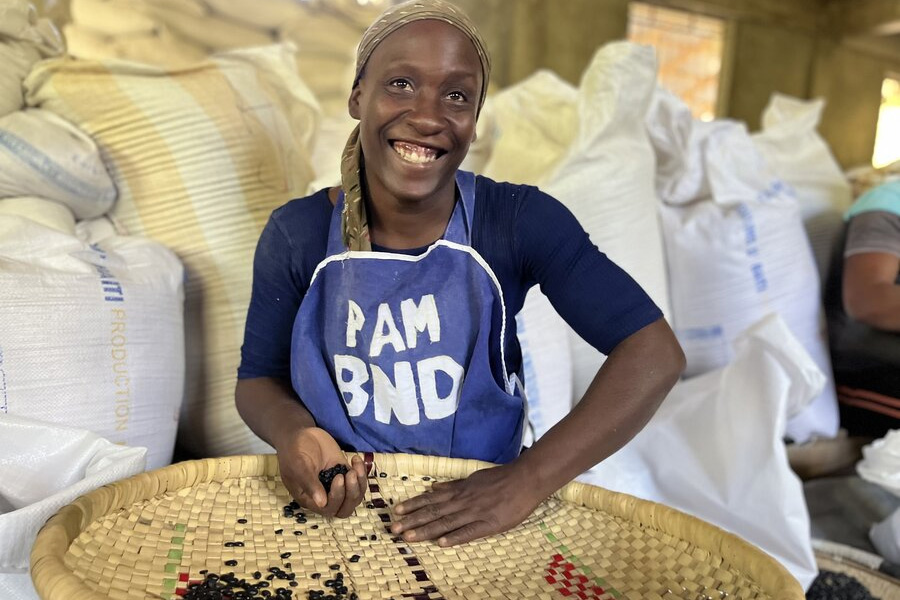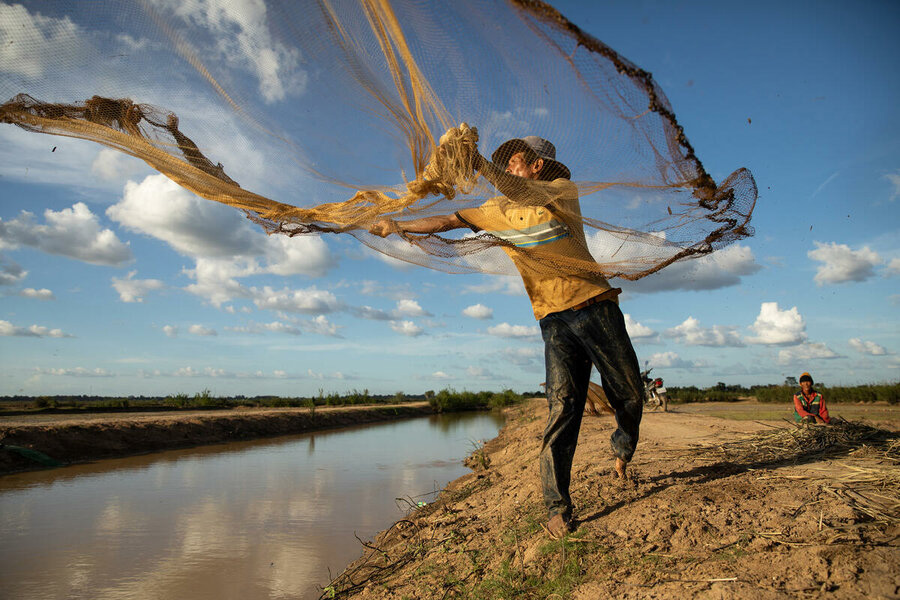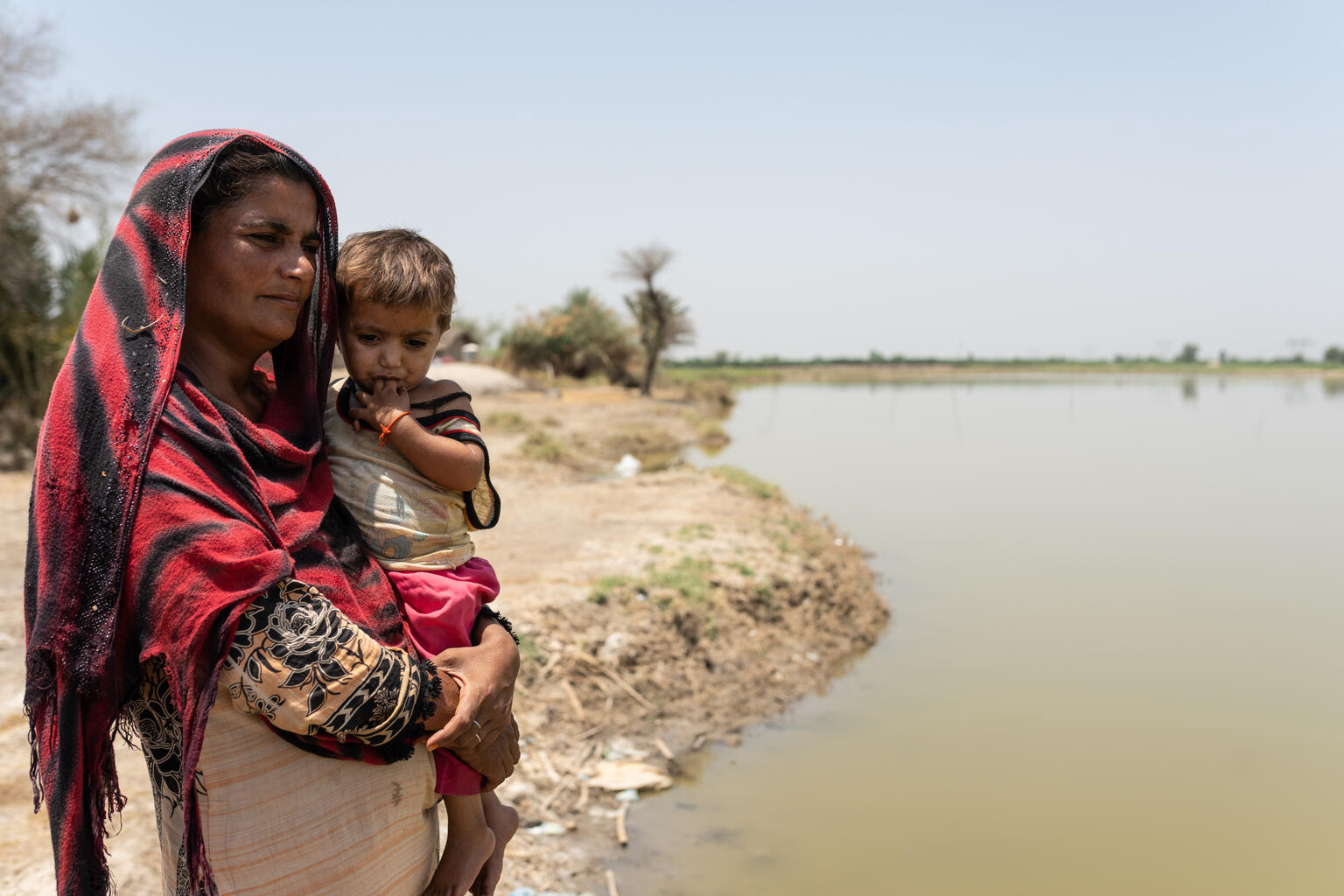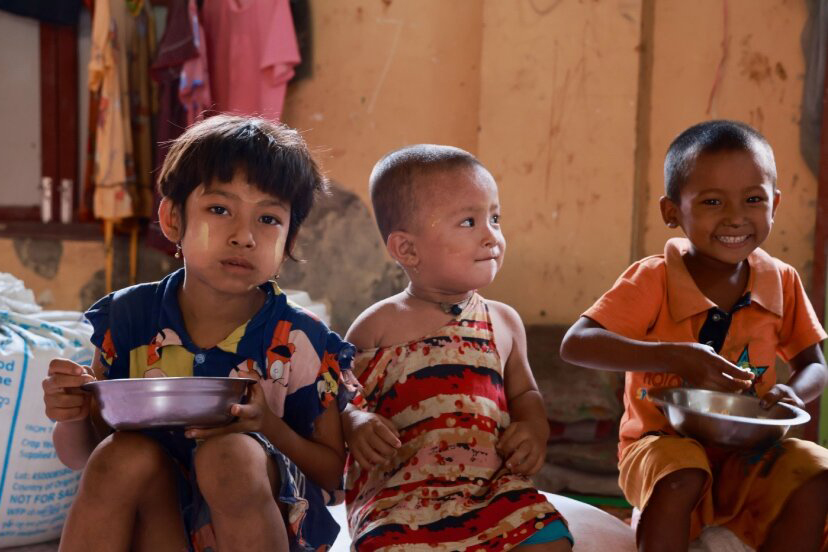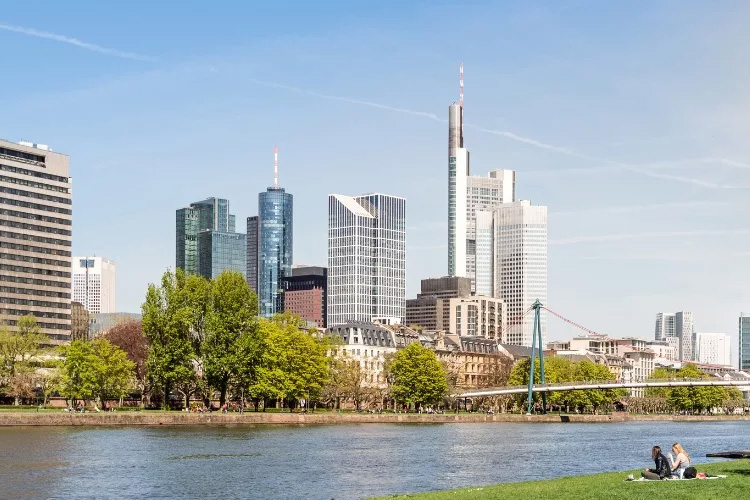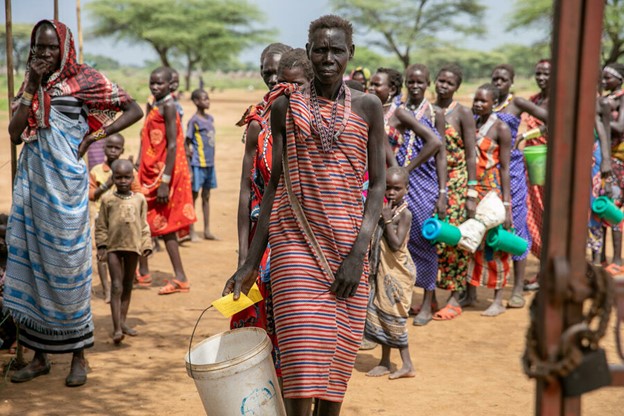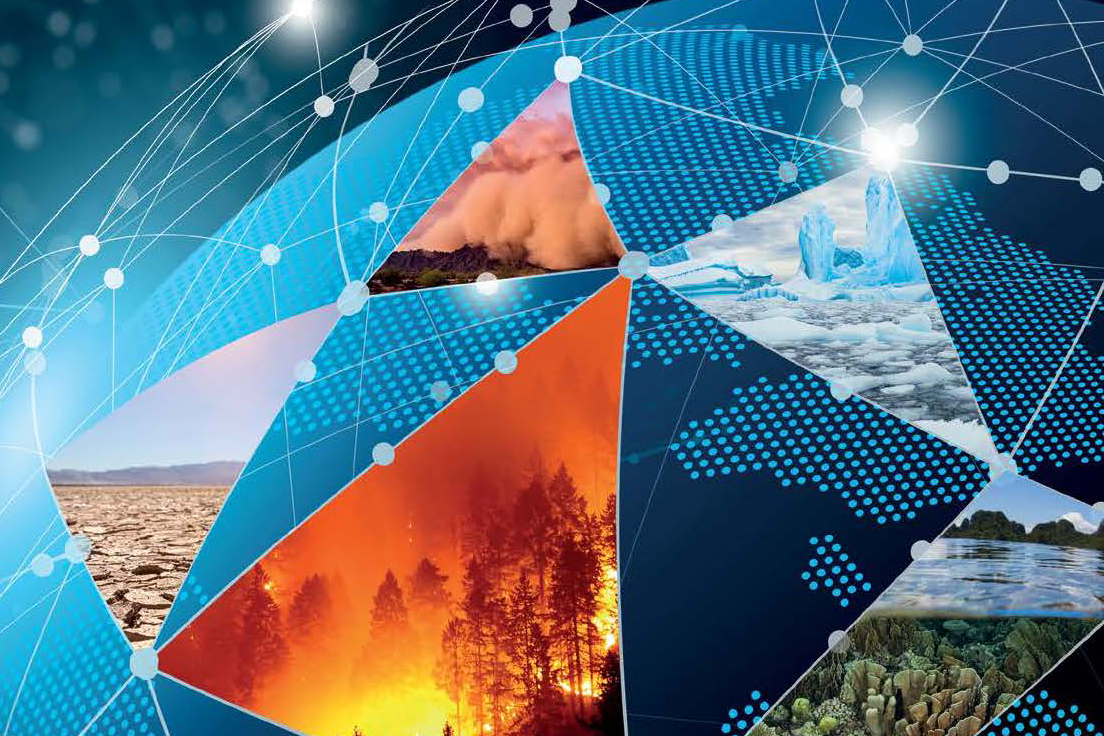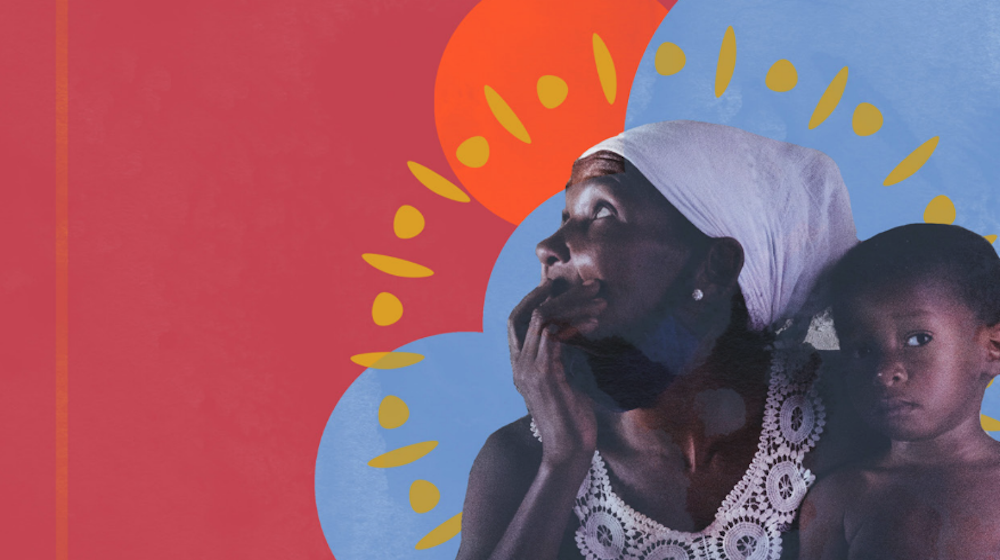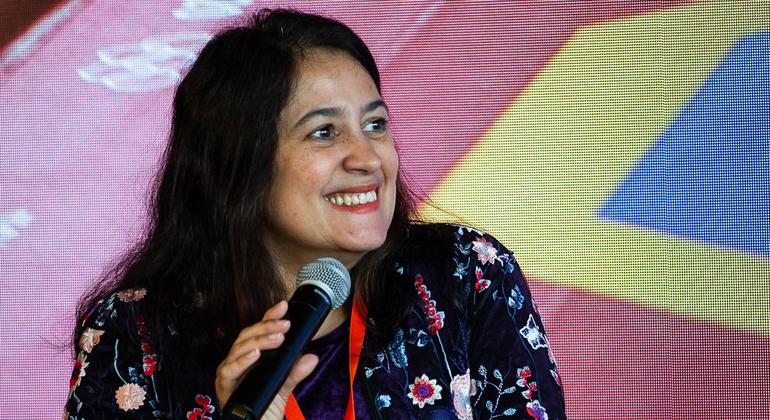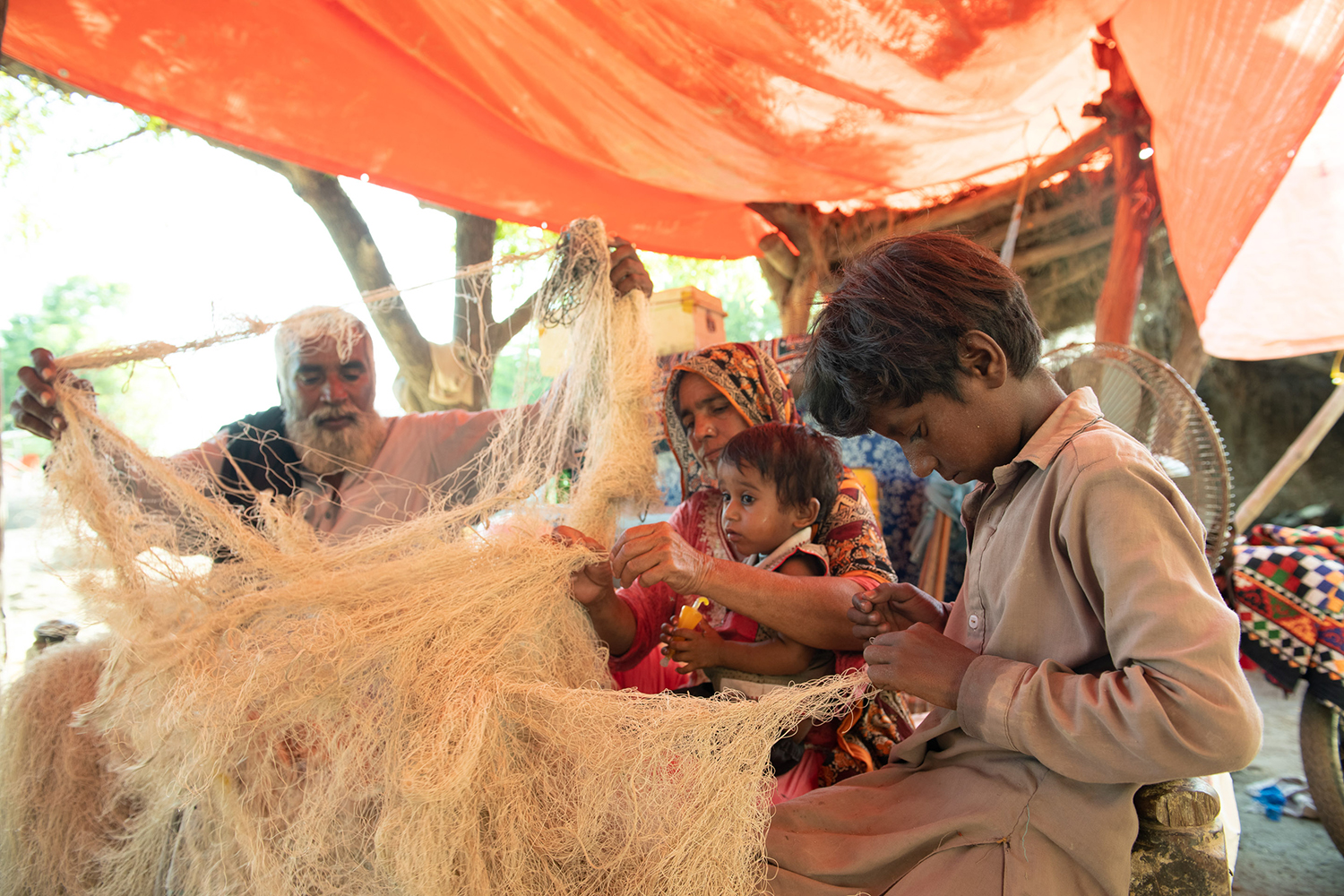During the Ocean and Climate Change Dialogue 2023, held during the Bonn Climate Conference, the crucial importance of action to protect the ocean was highlighted, as well as the need for the ocean to feature prominently in all relevant aspects of the UN Climate Change process. The June Ocean Dialogue coincided with preparations for the upcoming UN Climate Change Conference COP28 in the United Arab Emirates at the end of the year, where the outcomes of the global stocktake will be a key focus, along with other ways to increase ambition on climate change.
Haiti’s hunger crisis is unseen, unheard, and unaddressed leaving more than 4.9 million Haitians struggling to eat day-to-day. Pervasive insecurity and extreme weather conditions are inhibiting access to the rich food productive areas in the region. WFP is optimistic that despite these challenges, empowering the local community will build long-term capacities in bridging the food crisis. There needs to be a multi-sector response and investments in the local grassroot organizations to stabilize humanitarian assistance in Haiti.
Fashion has one of the most powerful marketing engines that influences the identities, values, and actions of billions of people. This, in turn, impacts consumption patterns, a central factor in reducing the sector's climate impact. UNEP and UN Climate Change launched the Sustainable Fashion Communication Playbook, a guide with an interactive version, on how to align consumer-facing communication in the fashion industry with sustainable targets in accordance to the Paris Agreement. Its purpose is to reduce the carbon print and overconsumption, demand action, and inspire sustainable lifestyles.
Small-scale farmers in developing countries are only one flood, one drought or one failed harvest away from ruin. IFAD asks "Tomorrow is a new day. What will it look like?"
In the words of rice farmer Deur Sok, the difference the 2.3km canal built in 2022 as part of a World Food Programme-backed project is making in Sambour, a commune in central Cambodia’s Kampong Thom province is tremendous. Changing weather patterns in the past few years have caused an unpredictable succession of drought and flooding, which spelled disaster for farmers relying on so-called wet season – or rainfed – rice cultivation. Farmers in the region had seen their plants wilt when there was not enough water – or washed away when there was too much. The canal has broken their dependence on erratic weather events and as a result, their yields have more than doubled.
Benazir and her husband lost a child amidst the tumult of the floods and have since faced challenges trying to feed their other children. The impact of last year’s historic floods will be felt for years to come by children and their families. In these climate-related crises children suffer most, with those in the poorest communities bearing the biggest burden. More than 1.5 million boys and girls are already severely malnourished, a number that will only rise in the absence of safe water and proper sanitation. UNICEF is training teachers on psychosocial care and health care and has established hundreds of temporary learning centres in the worst-affected districts.
Nearly two weeks after Cyclone Mocha, a grim certainty looms as the coastal areas of Myanmar and Bangladesh enters monsoon season. The cyclone has sent food prices soaring and wiped-out people’s slender food stocks. But now Mocha’s devastation has only deepened hunger already sharpened by the country’s conflict and political and economic crises. WFP has distributed hot meals and emergency food assistance to thousands of people in the immediate aftermath of the storm. A funding shortfall is threatening WFP's response in both countries.
Cities, as engines of prosperity, have been major contributors to climate change. A new report by the World Bank suggests that cities also hold one of the keys to solving the climate crisis. By 2050, nearly 70% of the world’s population will call cities their home. The report examines over 10,000 cities to determine how green, how resilient, and how inclusive they are while examining the two-way relationship between cities and climate change. The report offers guidance to policymakers on how to help their cities become greener, more resilient, and more inclusive.
After three years of drought, more than 23 million people across parts of Ethiopia, Kenya and Somalia face severe hunger. When the region’s long-awaited rains arrived in March, they should have brought some relief. But instead, flash flooding inundated homes and farmland, washed away livestock, and closed schools and health facilities. Mortality and malnutrition rates remain a serious cause for concern. WFP and partners launched a rapid scale up of life-saving assistance in drought-hit Somalia, Kenya and Ethiopia, which helped to keep famine at bay in Somalia.
The likelihood of El Niño developing this year is increasing, according to WMO - creating opposite impacts on weather and climate patterns to La Niña that would fuel higher global temperatures.
Climate change continued its advance in 2022, according to the annual report from the WMO. Droughts, floods and heatwaves affected communities on every continent and cost billions of dollars. Antarctic sea ice fell to its lowest extent on record and the melting of some European glaciers was great. The State of the Global Climate 2022 shows the planetary scale changes on land, in the ocean and in the atmosphere caused by record levels of heat-trapping greenhouse gases. The years 2015-2022 were the eight warmest on record despite the cooling impact of a La Niña event for the past three years.
Shifting to a low-carbon economy can unlock new jobs and opportunities but it must be done in a way that is fair and possible for everyone, according to a new report from UN Climate Change.
In a new advocacy brief, UNFPA explores how climate change disproportionately harms women of African descent and other members of marginalized communities.
Future Olympic events are poised to drive sustainability in sport and fight climate change, led by a set of game-changing measures adopted by the International Olympic Committee (IOC) and supported by the UN. Speaking to UN News ahead of the International Day of Sport for Development and Peace, observed on 6 April, IOC’s Legacy Director, Tania Braga, explains how the 2024 Paris Games will be the first time that new sustainability guidelines will be fully implemented, aligning sport with development and climate action. Eileen Travers asked Ms. Braga how compatible the Olympics are with sustainable development.
Climate anxiety grips fishermen in Pakistan
Muhammad Kasim, his wife, and eldest son repair fish nets damaged during the recent floods. “We come from a family of fishermen. Fishing is in our blood – it is my badge of honour. It’s also our only source of income,” said Kasim. His lifelong profession and source of income for his large family is now in jeopardy until waters recede and ecological balance is restored. Income from fishing heavily depends on the season. As the floods struck during peak fishing season, local fishermen will have to seek other options to put food on the table. In 2022, the Government of Pakistan launched the “Living Indus” initiative to restore the river’s ecosystem, so the Indus basin can become resilient to climate change.


